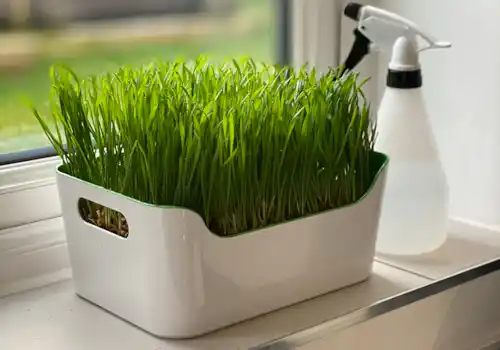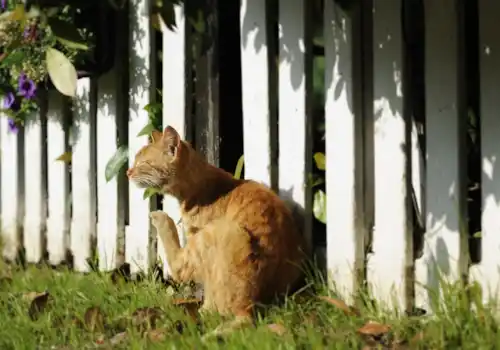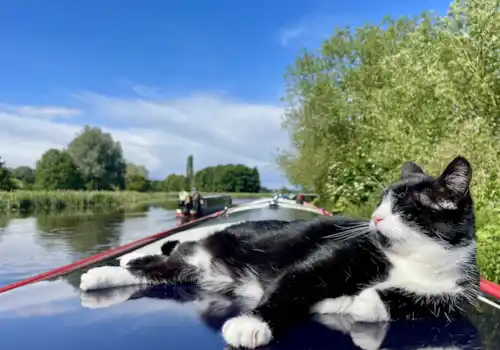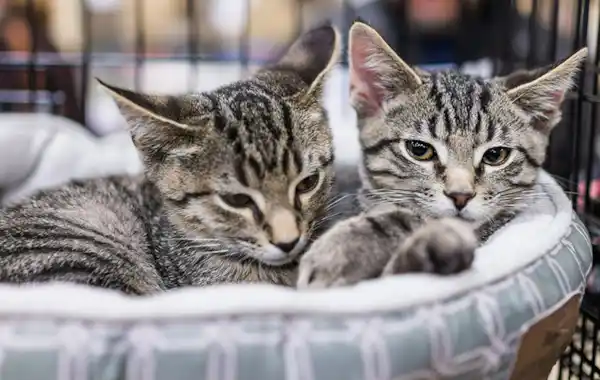You've made the decision to bring a kitten into your home but do you go to your local rescue centre or find a breeder? We examine the benefits of both.
When you bring a feline friend into your home and your family, you're making a commitment which will last for the cat's entire lifetime - and with cats often living into their twenties, that's quite a commitment. So when you make a decision as big as this, you need to be sure that the kitten is the right one - and that includes choosing where your kitten comes from.
Why choose a rescue kitten?
There are many positives of adopting a rescue kitten, the first of which is knowing that you are giving a kitten who has been abandoned or feral a loving new home. Also, there's the good feeling knowing that you are helping out a local charity - Cats Protection cares for between 5,000 and 6,000 unwanted cats at any one time, while the RSPCA has over 1,000 looking for a loving home.
Kittens adopted from a rescue centre will have been vet checked, neutered, and microchipped if old enough, vaccinated and come with four weeks' free insurance. They provide these benefits to ensure the kitten's welfare, and give adopters peace of mind.
Rescue kittens will also have been observed by their charity carers so will be correctly matched to the right homes to suit their personality.
Moggies are also less likely to show the exaggerated physical features and inherited diseases sometimes present in particular breeds. Moggies are not one particular breed but can be made up of a mixture of two or more breeds. This means they come in a variety of different shapes, sizes, colours and markings. Plus, there's the feel good factor of giving a rescue cat the chance of a forever home!"
Give a rescue kitten plenty of thought
There's no doubt that adopting a rescue cat can be extremely rewarding. You and your family gain a loving companion, while at the same time giving a cat a second chance of finding a happy, permanent home. But there is a lot to consider, including his background.
The more information you have on the cat and his background, and the more you understand his personality and needs, the better. It very much depends on what you want from the cat. Do you want a confident, interactive cat or are you happy to take on a more nervous individual because you want to give a needy cat a home? Everyone is different, but the important thing is to try to match what you want from a cat with the cats that are there - not just to go for the coat colour you like.
How about adopting a pedigree kitten?
Beauty, grace and knowing exactly what you'll get - breeds are called pedigrees for a reason so if you know the look and characteristics of the kitten you'd like, then maybe a pedigree kitten would suit you best.
Although you'll be paying more (some breeds command prices of up to £850 for a pet quality kitten) as breeders will tell you, you'll know all about the kitten's background and parentage. The decision to buy a pedigree kitten means acquiring a pet which has a clearly known and understood ancestry and history. The kitten will grow up to look like its parents - the same size, body type, coat texture and of a pattern and colour which may be the same as its parents or will be easily predicted.
With a pedigree, you can almost be sure of the kitten's character too, as most breeds have characteristics that are typical of the breed. For example, if you want a laid-back kitten, British or Exotic Shorthairs should fit the bill, and if you'd like a lively, talkative breed then Bengals or Siamese are probably a good fit. (Remember, breed profiles are general, and every cat is an individual.)
Make sure you do plenty of research into the breed you'd like to bring into your home. It is important that you do research the character and temperament of different breeds and speak to breeders and owners. You should always meet the mother and siblings, and if possible the father, so that you can assess how they behave and interact with you. They may naturally be a little nervous of a stranger, but will give you a sense of what to expect in your new kitten.
What to do after you've decided to adopt a rescue or pedigree kitten?
If you've picked a pedigree, make sure you receive his registration papers, which are vital if you wish to show him. Pedigrees are generally old enough to leave home when they're around 13 weeks old, and should have already received at least an enteritis inoculation and a full course of cat 'flu inoculations. These inoculations should be included in the price.
If you've picked a rescue, he may be ready to come home with you when he's around eight weeks old, but this is up to the rescue centre. Remember to ask which vaccinations he will have had by the time you take him home, and when he'll need neutering. In addition, whether pedigree or rescue, find out what type of litter, food and feeding schedule your new addition is used to - this will come in handy when it's time to settle him into his new home.








